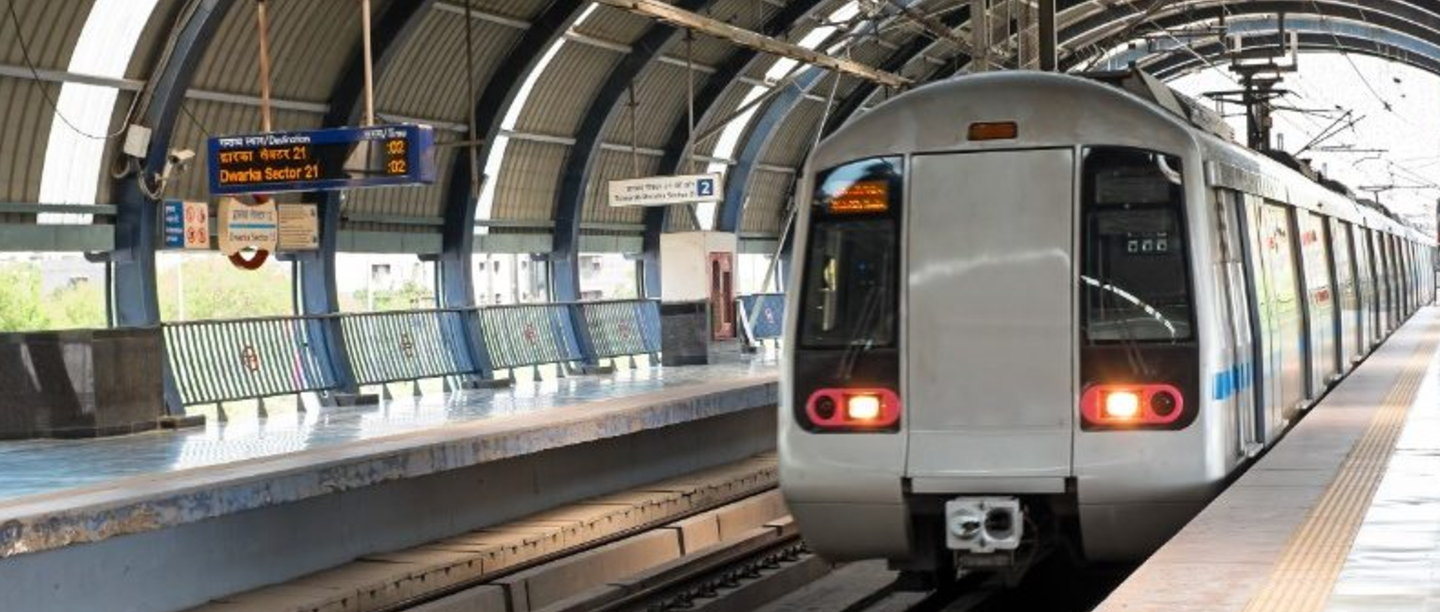
After India locked down on March 23 earlier this year, the services of the Delhi metro, along with other modes of public transport, were halted. Over the course of the next five months, India began to slowly open up, as did some public transport services in a phased manner. However, metro services are yet to resume in Delhi.
However, as part of ‘Unlock 4’, the government is most likely resuming metro services along with other activities starting September 1, say news reports. A Ministry of Home Affairs official confirmed that the guidelines for phase 4 will be issued sometime this week.
But as India further resumes normalcy, it’s important to keep in mind that the pandemic is far from over. The country’s total COVID-19 tally has crossed the 3-million mark, and over 58,000 people have succumbed to the disease so far. Hence, metro travel as we know it is going to change. Don’t expect to stuff yourself into an already-crowded metro, and ensure you always have your automatic top-up card, as tokens will no longer be issued.
What To Expect From Metro Travel In Unlock 4
Curious about how the city’s most efficient (and convenient) mode of public transportation will change? Here’s what you can expect
—To ensure contactless travel, tokens will no longer be issued. Automatic top-up and smart cards will be available to passengers instead.
—The CISF staff will be thermally screening every passenger who enters the metro station. It is compulsory for passengers to have the Aarogya Setu app on their phones, and the security personnel will be checking for the same.
—CISF personnel at door-frame metal detectors will mandatorily wear a mask shield, face mask, and gloves.
—If the door frame metal detector does not raise an alarm when a passenger passes through it, he/she will be allowed to move ahead without any frisking. CISF officials can, however, select passengers randomly for a detailed frisk.
—The security officials will use modified hand-held metal detectors to check passengers from a distance.
—The number of passengers on a train will be limited to 300-350.
—Only alternate seats will be used.
—Air conditioners inside trains will be set at 26 degrees Celsius
—Passengers will be required to keep the mask on throughout their journey.
It seems like travelling via the metro is going to be a completely different experience. However, it’s important to note that these security measures are a necessity and a welcome move.
And while metro travel will make commuting easier, remember to use it only if you must.
Featured Image: Twitter
Read More From Lifestyle
Indian HR Asks Woman If She’s Planning To Marry Soon & The Internet Is Not Having It
Vedika Negi
Sreejita De Marries Again, All The Pics From Her Dreamy Haldi & Mehendi Ceremony
Isha Jain